Unexpected Fees to Expect in Japan
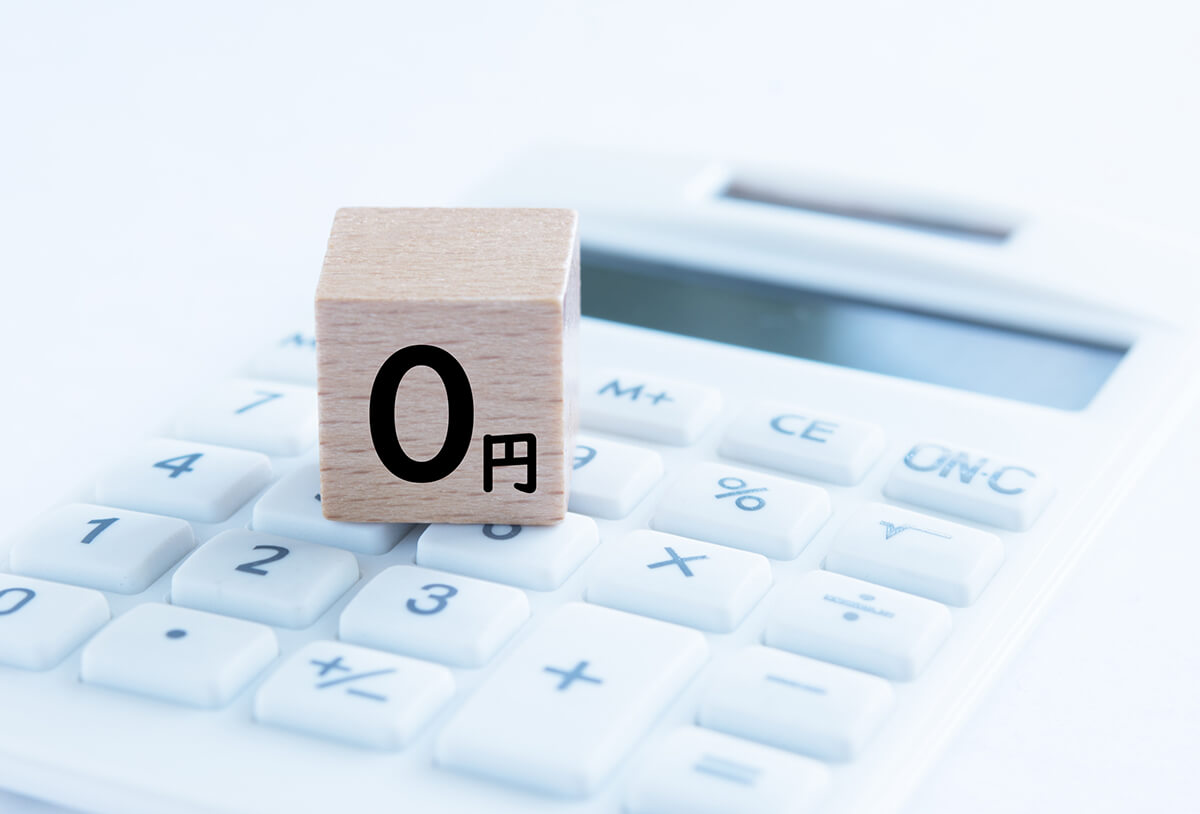
Looking back on the first few months that I started living here in Japan, I vividly remember always being in a constant state of homesickness and culture shock.
Japan’s culture of leaning towards traditional and conservative ideals is quite a shocker for my liberated ways of thinking. Besides, I wasn’t proficient enough in the language and didn’t really know anyone. I had to work my way around and start from scratch.
Nonetheless, it was not only the customs I was surprised about. I was also taken aback by the surprise costs I am obliged to pay for during my stay here. Initially, I thought my finances were sorted out when I successfully processed my papers to move — but little did I know I was in for a surprise.
Table of contents
Unexpected Fees to Expect in Japan

I often think that if only I had known there are fees like these to expect before moving here for good, then perhaps, I could’ve managed my finances better. There’s no use for regrets now, though. What I can do is share my learnings and wisdom with other new foreign residents — hoping they don’t make the same financial mistakes I did, at the very least.
Save your splurging for later! I know it’s too tempting to buy all the kawaii things you can lay eyes upon, but do your best to resist the temptation. There are mandatory fees you need to prioritize first.
Here are some of the unexpected fees you need to keep in mind before planning your move to the Land of the Rising Sun:
1. National Pension

(国民年金保険料, kokumin nenkin hokenryo)
Cost: 16,410 JPY per month (for 2019 to 2020)
Aside from Japan’s national health insurance system, many foreign residents moving to the country are unaware that there are obligatory payments for the national pension.
The national health insurance and pension are automatically deducted from your paycheck. In case there are any discrepancies, like mine where it wasn’t deducted from my check, sign up at your local city hall to avoid facing legal issues in the long run.
Note: There are countries that have a pension exchange treaty with Japan. It is best to ask about this at your local immigration office.
To save on pension payments, I opted to pay in advance through bank transfer. I transferred two years’ worth of pension payment at once and saved up to 15,760 JPY — instead of the total ¥379,640.
2. Neighborhood Association Fee
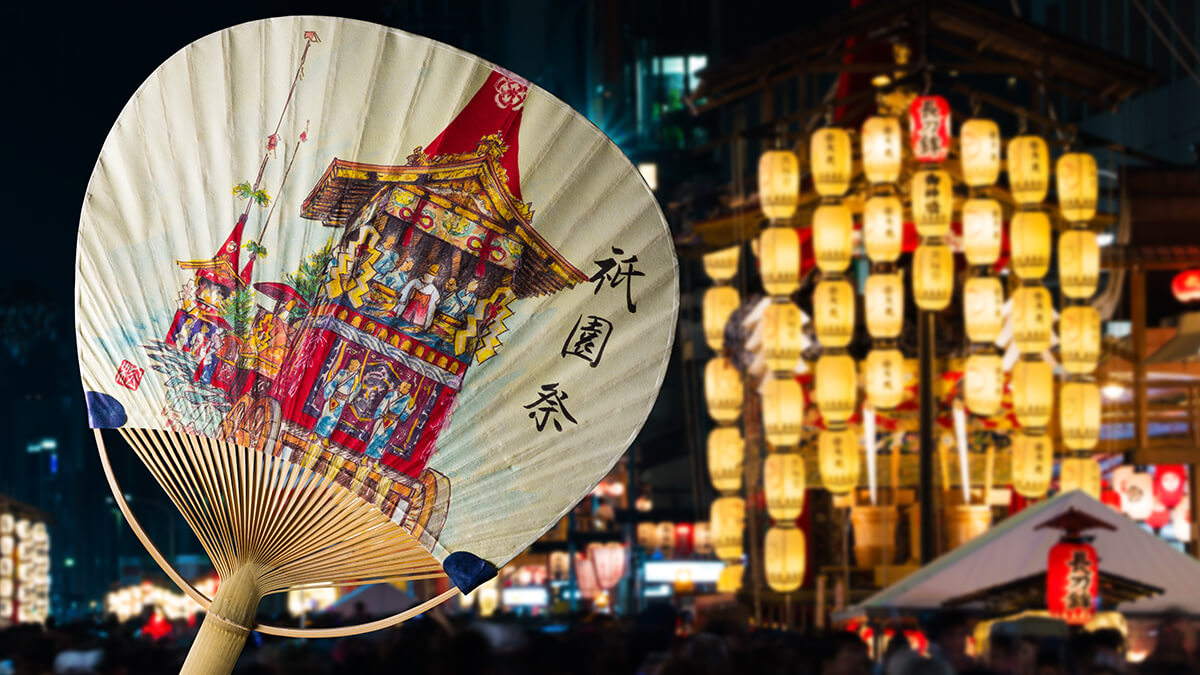
(町内会費, chonaikaihi)
Cost: 200-1,000 JPY per month to be paid annually
Local neighborhood associations, known as chonaikai, are divided by city districts. They are the ones in-charge of local activities such as the summer festival (matsuri), neighborhood patrols, and disaster assistance in the event of an emergency.
For that, they have to collect a mandatory membership fee to anyone who’s a part of the neighborhood. Although they are generally geared towards assisting building owners or families with children, they came to my rented apartment one day for fee collections because I am technically “living in the district.”
I found it to be a good thing since I was given the chance to be more familiar with my local neighborhood and I even got to meet my neighbors. Because of this, I managed to befriend a lovely old lady who began to regularly invite me over for afternoon tea and a chat whenever I have the time.
The fee depends on your association and city. In my case, I remember paying 2,000 JPY for a year’s worth of fee when I stayed in Fuchu, Tokyo in 2018.
3. Various Apartment Rental Fees
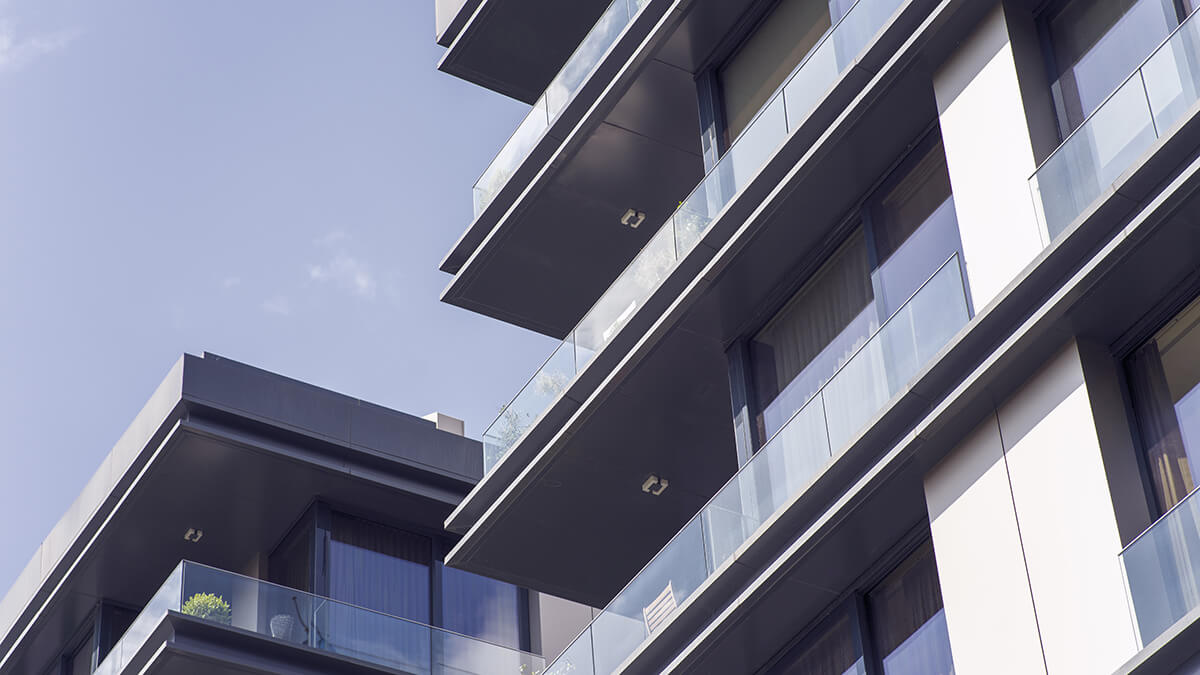
Perhaps you are already aware of the deposit money (shikikin) and the gift money (reikin), which are two of the most well-known deposit fees when renting an apartment in Japan. But are you aware that there are other fees that exist?
Upon moving into your new apartment, you will be met with fees such as an agency fee for the realtor, damage insurance, cleaning fee, guarantor company fee, and key exchange fee. There’s also a renewal fee, charged whenever you decide to renew your contract. In my case, I paid for one month’s worth of rent after a year of renting.
If you luck out on your apartment owner and have adequate negotiation skills in Japanese, you may not have to pay 100% of these fees. But then again, it’s always better to prepare accordingly. Save up a decent amount of money before deciding to move.
Pro tip: If you want to reduce your apartment costs, choose a place that doesn’t have these charges. My foreign friend, who was also new to Japan, scored an apartment rental in Tokyo that didn’t require a guarantor, key money, or deposit money.
So if you’re looking for an apartment to rent, ask if the contract requires you to pay the key money or deposit — since others don’t oblige you to.
4. Immigration Fees
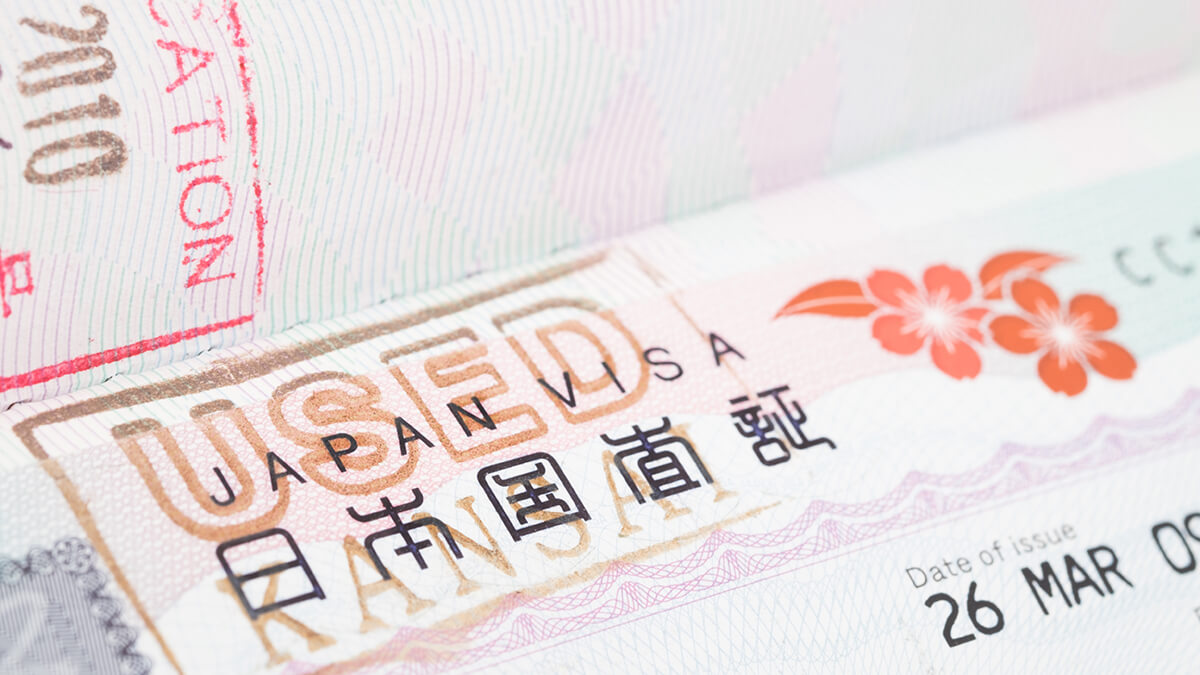
Extending your period of stay in Japan via a renewed visa will cost around 4,000 JPY. Additionally, you may also pay around 300-500 JPY to receive official documents such as your certificate of residence and tax certificate.
There are no discounts when it comes to paying immigration fees, especially as a foreign resident living in Japan. But if you’re frugal like me, better take matters into your own hands and go in person to obtain the documents to cut on costs for self-addressed envelope deliveries and go to the nearest offices — to reduce spending on train fares.
5. NHK: Japan Broadcast Corporation
(NHK 受信料, NHK jushinryo)
Cost: 2,520 JPY every 2 months
Yes, you are technically required to pay the national television station fees if your television is capable of receiving NHK — even if you don’t watch the channel.
My other non-Japanese friends were also surprised when they knew of this fee, especially during their first months in the country.
Pro tip: The good news is, there are things you can do to reduce the NHK fee. Note that the fee is the most expensive for those who own satellite television. You can opt to decrease your NHK fee by receiving terrestrial broadcasting only, which costs around 2,520 JPY every two months.
Paying through a bank or card transfer also allows you to get the lowest rate of the fees, so it’s ideal for you to choose this payment method. You can also save up to 1,130 JPY if you pay the NHK fee for a year’s worth at 13,990 JPY.
I’ve heard about cases of aggressive NHK fee collectors leaving threatening notes on people’s doorsteps when they evade paying upfront. I dislike confrontation and try to stay away from it as much as possible, so a word of advice — better settle your dues!
Conclusion

By preparing yourself about the possibility of paying these lesser-known fees, you can cut down on your everyday living costs accordingly.
As much as I encourage my friends and basically everyone else to live frugally, there are certain fees we cannot avoid especially as a foreign resident living in Japan.
Believe me — the last thing you’d want is a surprise visit from a fee collector knocking at your door, and you have less than 1000 JPY with you. Make sure to live within your means and keep an eye out for these unexpected costs as you start your life in Japan!
Motto Japan, the community platform to support foreigners with the foundation for life in Japan, including Japanese study, job opportunities, and housing service. Motto Japan Media will provide a wide variety of information for Japanese fans all over the world, to create a cross-cultural environment and enrich the life of foreign residents in Japan!


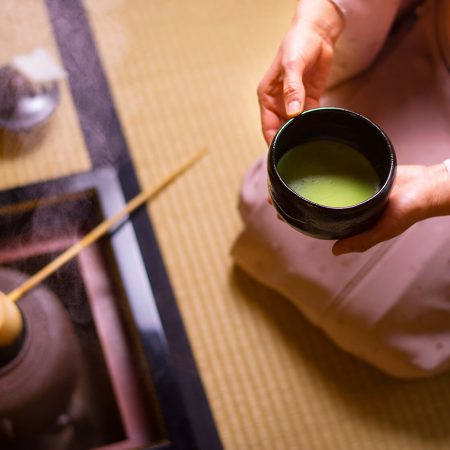

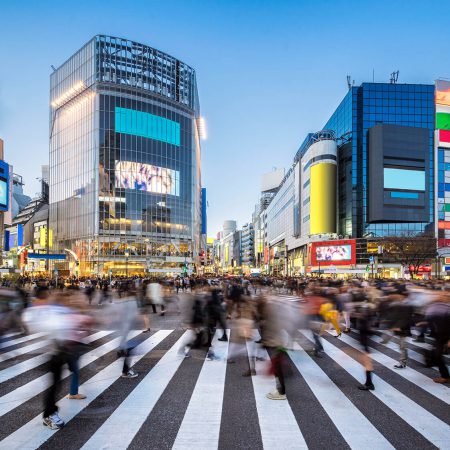
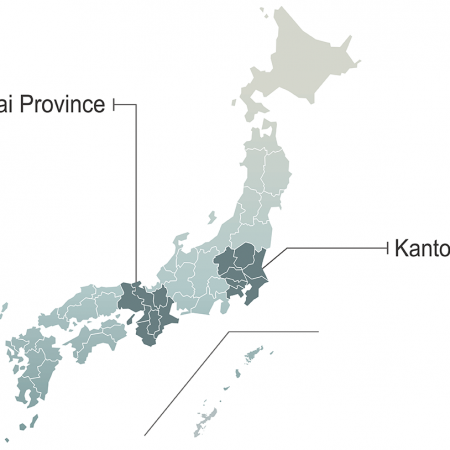


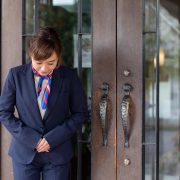

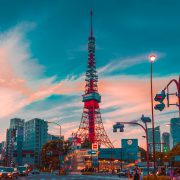


Leave a Reply